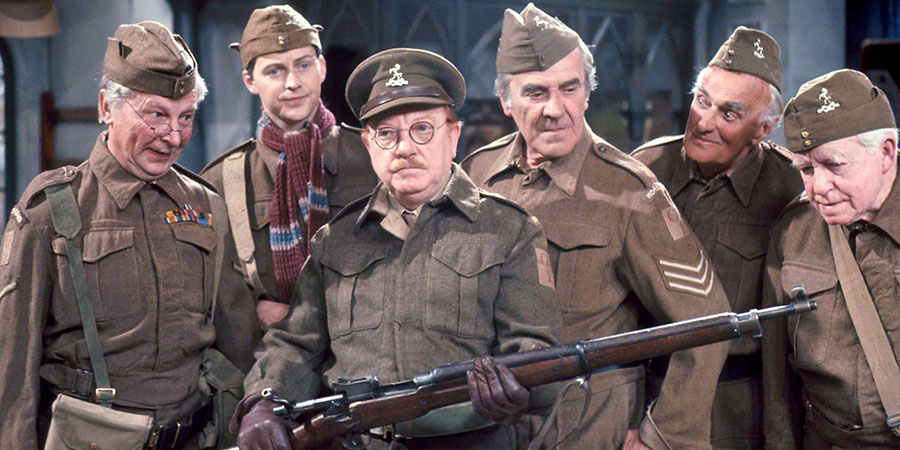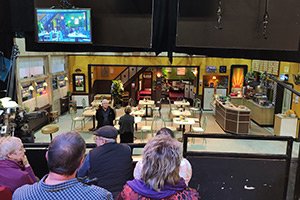Writing dialogue in a comedy script

All scripts - well, virtually all; perhaps you are writing an entirely silent comedy, in which case you can skip this piece - will require dialogue.
Your ability to write dialogue, like every other aspect of your work, will improve over time. This is probably obvious, but it's worth remembering that the dialogue in your script will be pretty much exactly what the actors say. Some performers modestly extemporise - adding the occasional "well" or "oh" or "mm" - but for the most part what you have written is what will be said. You do get some actors who ad-lib...
Premium Tools & Content

This content is for BCG Pro members.

